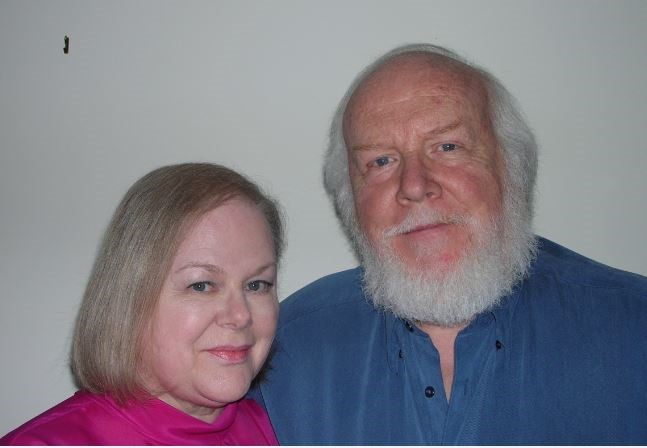In early February 1888, a travelling group of entertainers was in New Westminster for two days of dramatic performances. A bit of research into both players and plays turned up some interesting background material, which adds to the role of theatre in pioneer days.
The performances were to take place on consecutive evenings, a Monday and Tuesday, at the Herring Opera House. The troupe was led by Gustavus Levick, referred to as “the romantic actor” “supported by Miss Celia Alsberg and a powerful co’y.” Monday’s piece was “the great English melodrama Hoodman Blind,” while Tuesday featured “Bartley Campbell’s drama The White Slave.”
Hoodman Blind, first performed in 1885, was written by English writers Jones and Barrett. It is the story of a confused man who blames some misdeeds on his wife but her “alike sister” has committed “such transgressions.”
The White Slave by Campbell was first presented in 1882 in New York City. It is the story of a young woman who believes she is an “octoroon slave,” that is, one-eighth black by descent, and she tries to leave her past and move to a new life. The author, Campbell, was white although this particular story is in the current academic collection referred to as “Notable Kentucky African Americans.”
This travelling troupe of players, together and separately, had performed in locations such as New York, Philadelphia, Boston, Carson City, Salt Lake City and San Francisco in the decade prior to coming to B.C., and the set of plays included Measure for Measure, Cymbeline, Hazel Kirke and Uncle Tom’s Cabin.
We could not find out much about Celia Alsberg, but there certainly was a story about Gustavus Levick. He married in 1875 and had a daughter in 1876. His wife Harriet sought a divorce in 1878 for abusive treatment and returned to her family’s home with custody of the child. In 1888, a couple of weeks after performing in New Westminster, Levick was charged with assault with a weapon, a heavy cane, in a saloon altercation in San Francisco.
In the Royal City, however, everything seems to have gone well.
The account of the troupe in town also pointed out that “both plays (were) mounted with special scenery and novel mechanical effects.”
And so we have a piece of early theatre in New Westminster.



